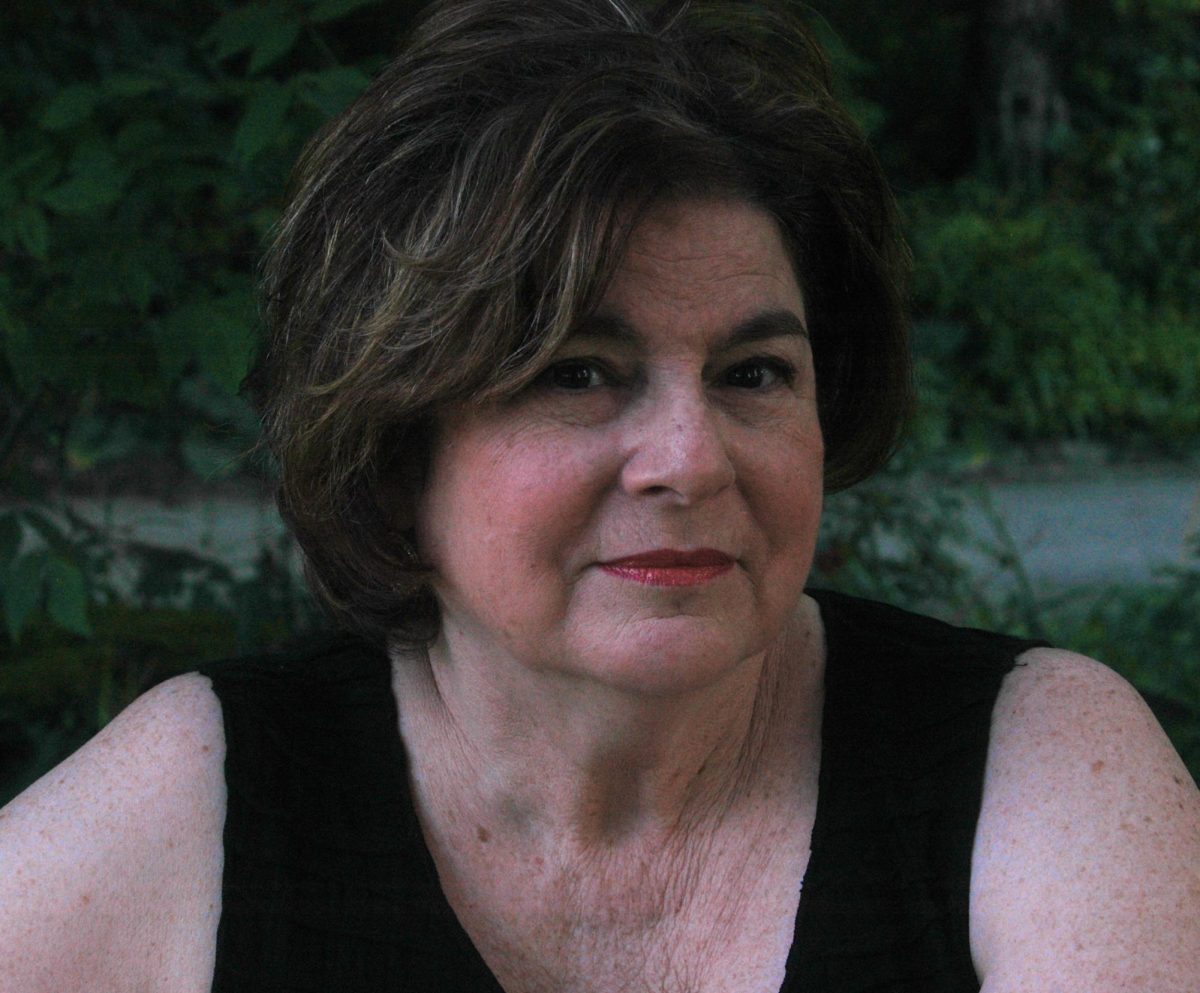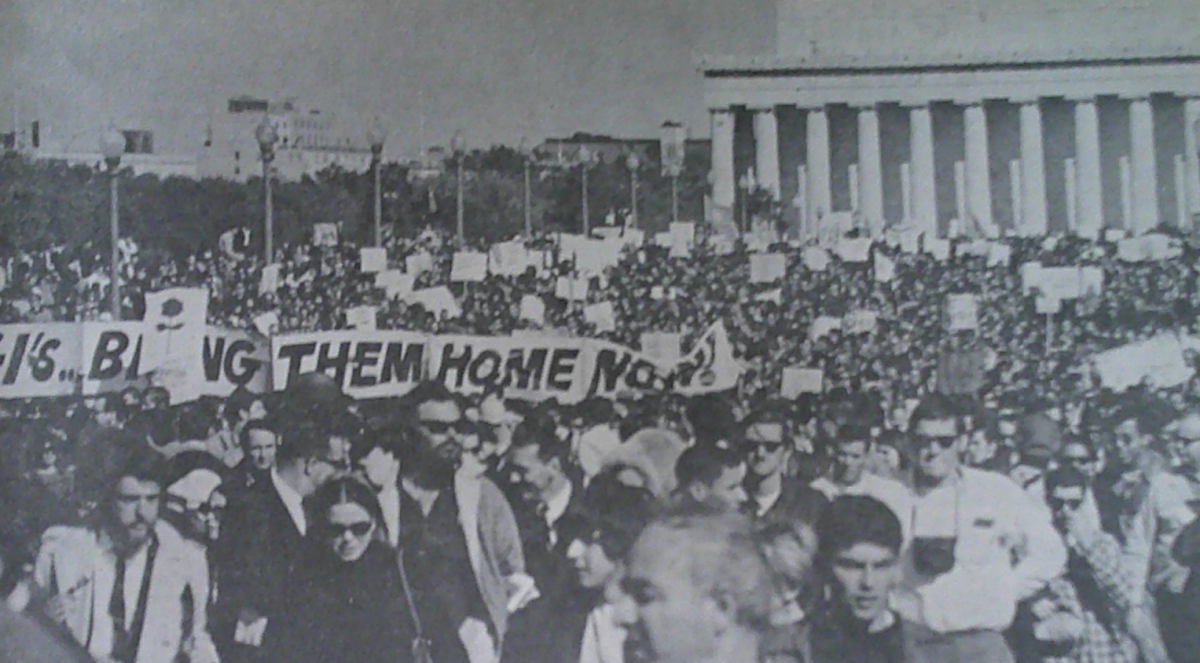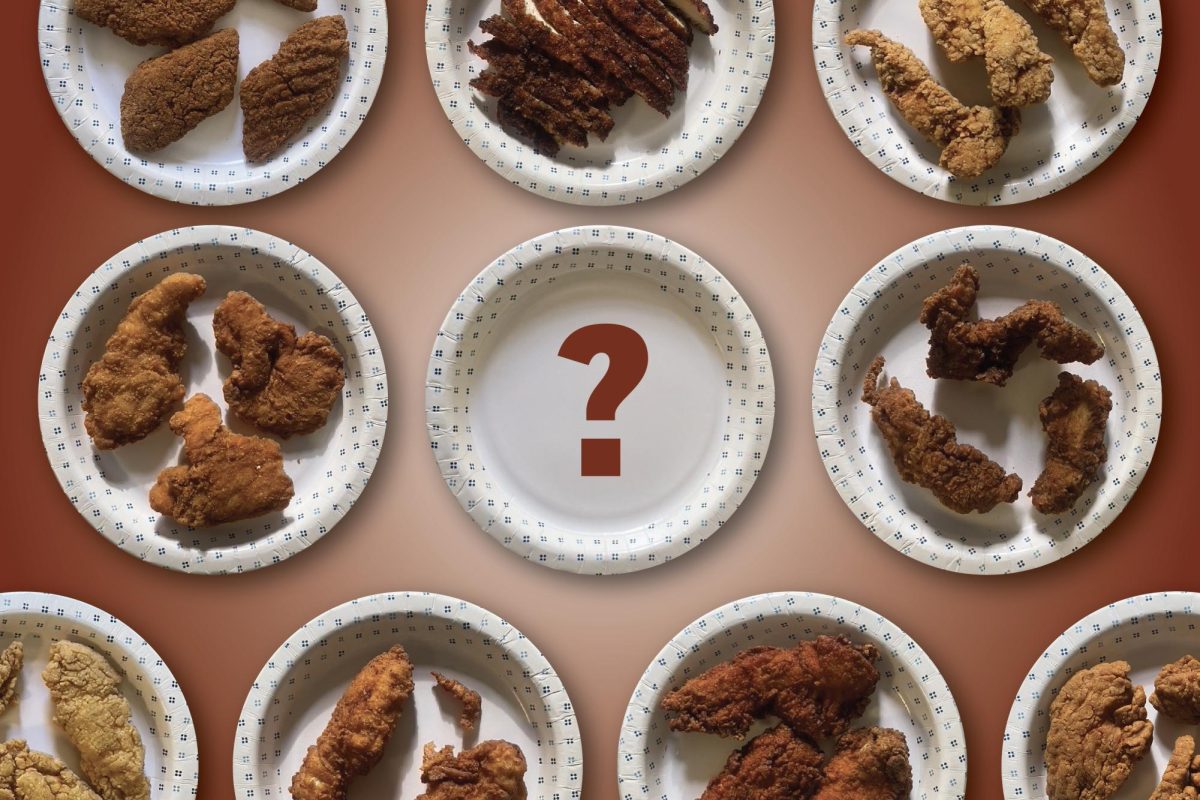
This post was written by Hatchet reporter Margaret Kahn
Born in Jerusalem, bred in Jamaica, singer-songwriter Asaf Avidan is an indie fixture at music festivals across Europe. This week, he kicks off his first U.S. tour in the District. The Hatchet caught up with Avidan about his musical inspirations, being a third-culture kid and the song he hated that brought him fame.
Avidan will be playing at the Sixth & I Historic Synagogue on Wednesday, Feb. 19 at 8 p.m.
What inspired you to embark on your first U.S. tour?
It’s about time. I’ve been working as a musician for about four years in Europe and about two years before that in Israel, and I’ve always been postponing it for one reason or another. It just got postponed and postponed and now I’ve found that, like anything in life, if you want to do anything you should just do it. So I talked to my manager and I told him that this is what I want to do in 2014 and I want to hold off everything else. My music is probably influenced by American music most of all, rock and roll or whatever, and I think it would be a nice test to try it out on people where this is their bread and butter. It will be a good test for my music.
How do you think the U.S. market is different from the international one?
It’s kind of like going back three or four years in time for me. It will be going back to small venues. The fact that I chose to make my first tour here an acoustic tour also goes back to what I was doing a couple of years ago before. It’s nice for me to be reminded about the roots of songwriting. Other than that, I think big city crowds like New York or Los Angeles will definitely be a bit more judgmental because they get much more musicians coming their way. They’ve probably seen a lot. I think I’ll need to try a bit harder, but I’m looking forward to the fact that everyone is English-speaking. People will hopefully listen to the lyrics much more, not just the voice or the presentation.
Has the Israeli music scene influenced you at all?
It would be weird not to be influenced by your surroundings. But I don’t listen to radio. I’m not one of those people. Even before the Internet, I had my own CDs and cassettes and stuff. I’m not hugely interested or a huge fan of most of the music scene [in Israel]. Though there are some in the alternative rock side. I think what I like about it is the European music together with maybe a little Middle Eastern. What mostly defines the Israeli genre is the fact that there is no real genre. It’s an immigrant country. It’s a very young country. It’s still very torn apart culturally to a lot of different flavors: you have people from Eastern Europe bringing their own thing, people from North Africa, Middle Eastern, Russian immigrants and Ethiopian immigrants. It’s a mishmash of a lot of different things. When you listen to my last album, ‘Different Pulses,’ the definition of it is that it’s not really defined as one genre.
You gained fame through the remix of your song “One Day/Reckoning Song,” which rose to No. 1 in 14 countries and racked up 150 million views on YouTube. But in the past, you’ve said that you disliked the remix and wish German disc jockey Wankelmut hadn’t made it. Do you still feel this way?
Yeah. I was really proactively protesting it at the beginning. I really disliked it. It just kind of was a ridiculous, hopeless war against global Internet. I just gave up and I let Sony, which was my label at the time, release it to the radios as well because every time I would click there were more and more views on YouTube. I just said, ‘Fuck it.’ I’m kind of happy he ignored me. Obviously, it did a lot to my career. I was kind of afraid at that time that people would think that was who I am, a DJ electronic musician who has one line in a song repeated over and over, but I was surprised that people are genuinely curious and heard the remix and liked something about it, the voice or the little lyrics, so they did check out who I am and my music. I was thinking people would just be shouting for me to just sing that one song, or people would be expecting to see a DJ set or something, but I was proven wrong. In the end of the day I’m really happy about it. I still don’t like the remix, but I’m happy it did what it did.




